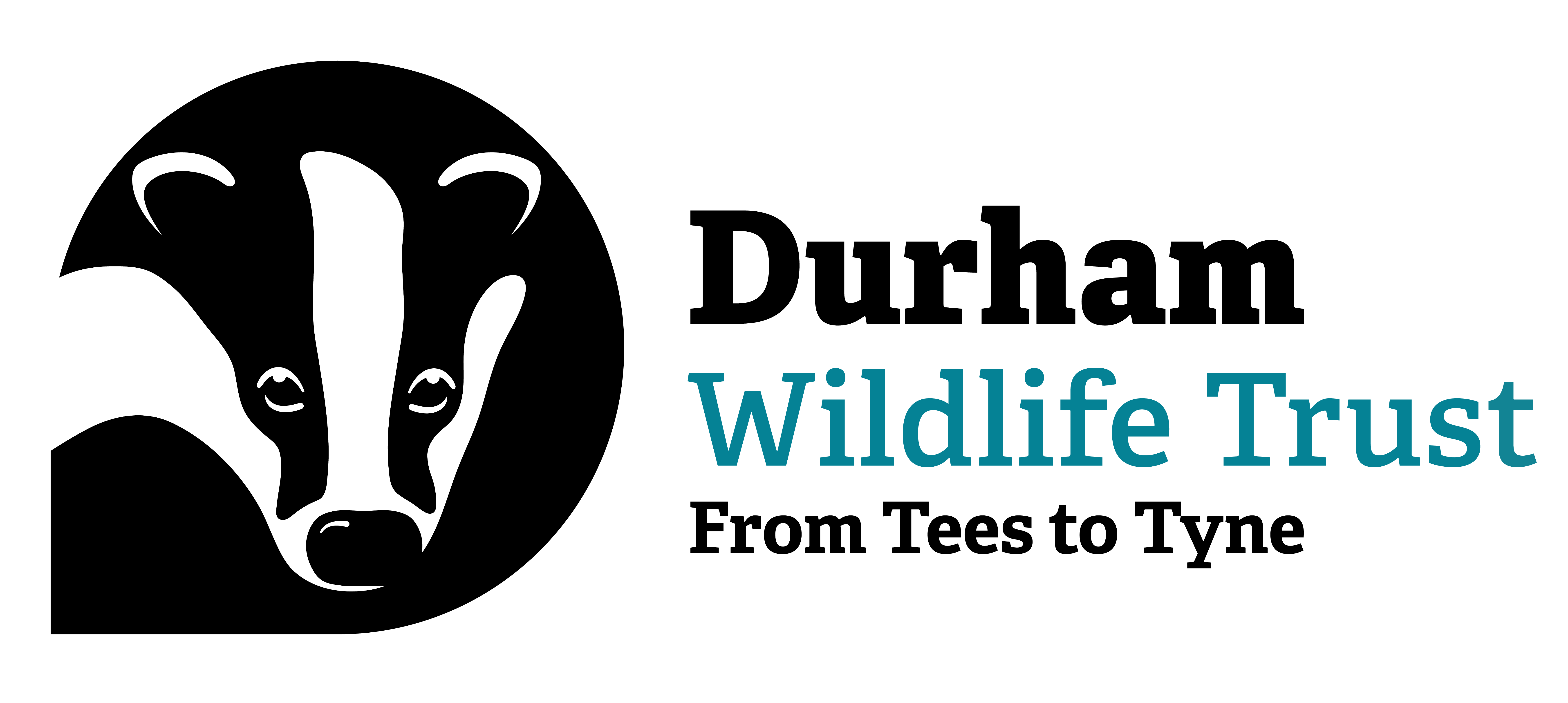Today the UK Government’s much anticipated Environmental Improvement Plan is published. It sets out how the Government is going to achieve their manifesto commitment to ‘deliver the most ambitious environmental programme of any country on earth’. But with less than seven years left to meet the Government’s target to halt the decline of nature by 2030, this plan must deliver a huge shift in action and ambition to reverse the chronic loss of wildlife.
New legally-binding targets for nature were recently passed under the Environment Act and a landmark international agreement was reached at COP15 – so today’s new policy measures must be capable of ensuring that nature can recover. It is widely acknowledged that wildlife declines will persist for several years before reversal can be achieved, even under optimal conditions.
It’s been five years since the UK Government launched the 25 Year Environment Plan, their first Environmental Improvement Plan.
